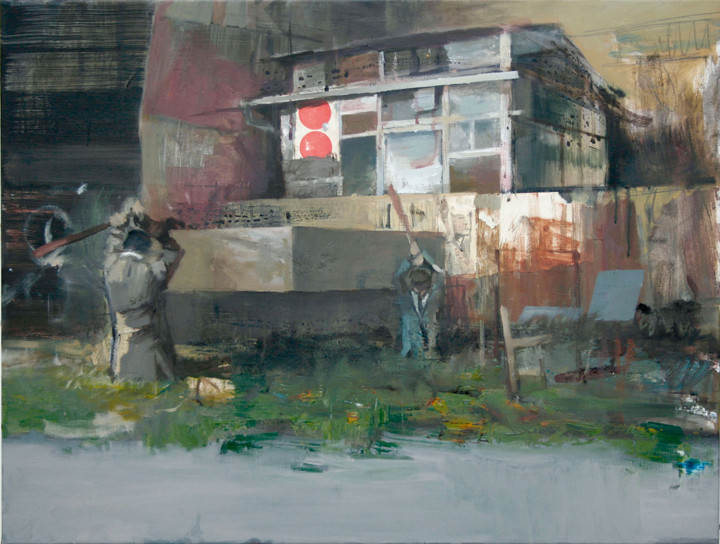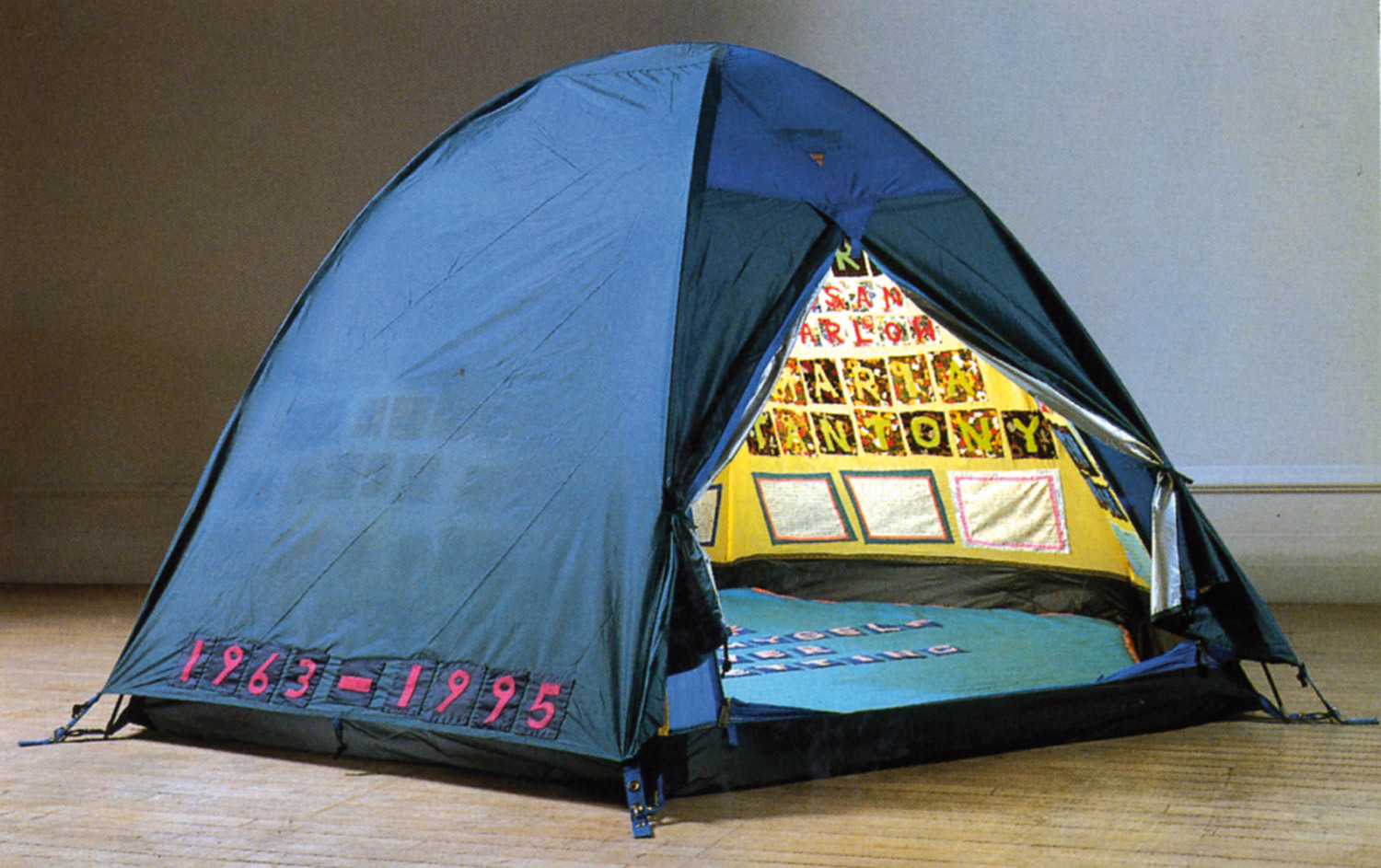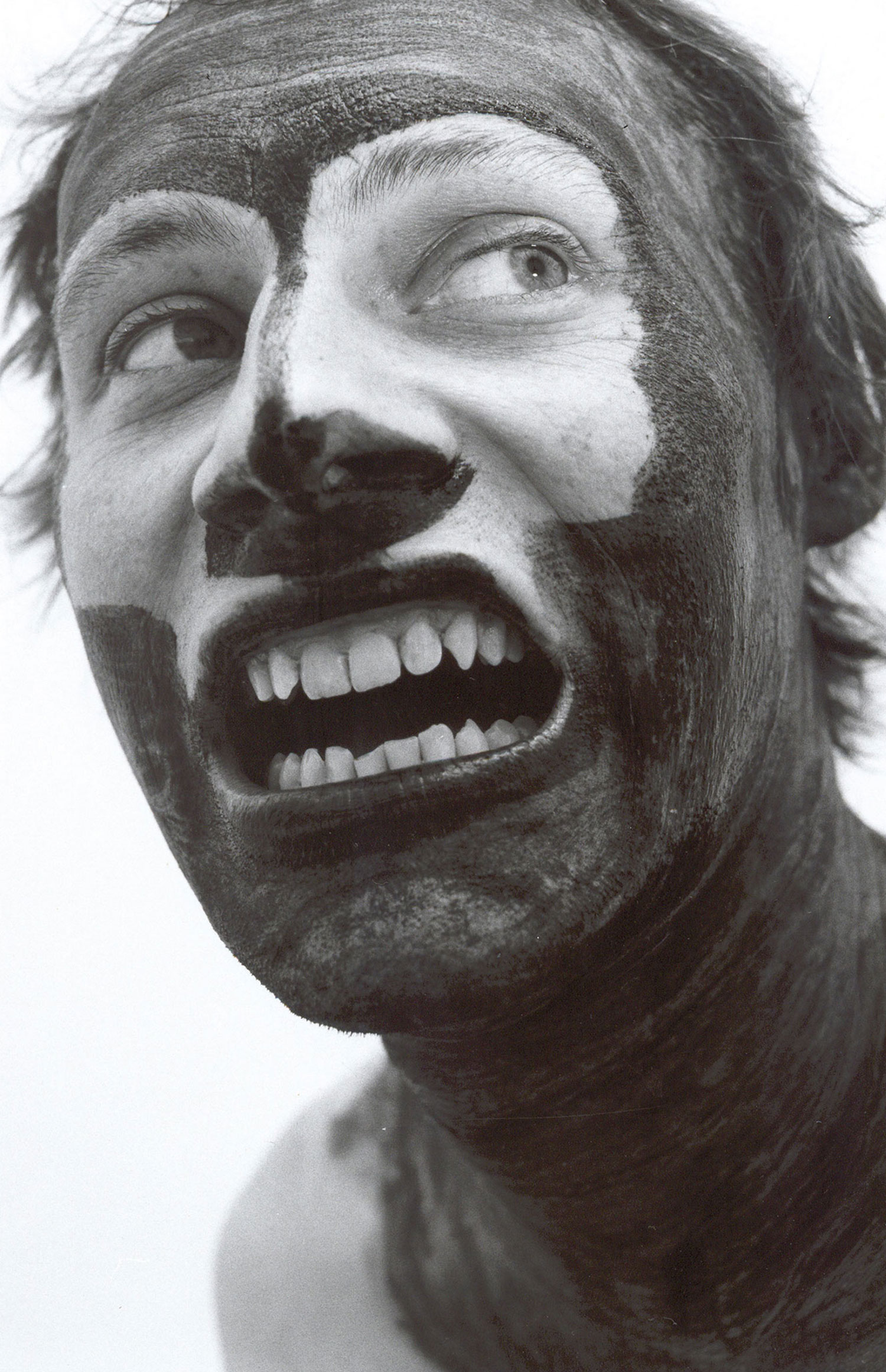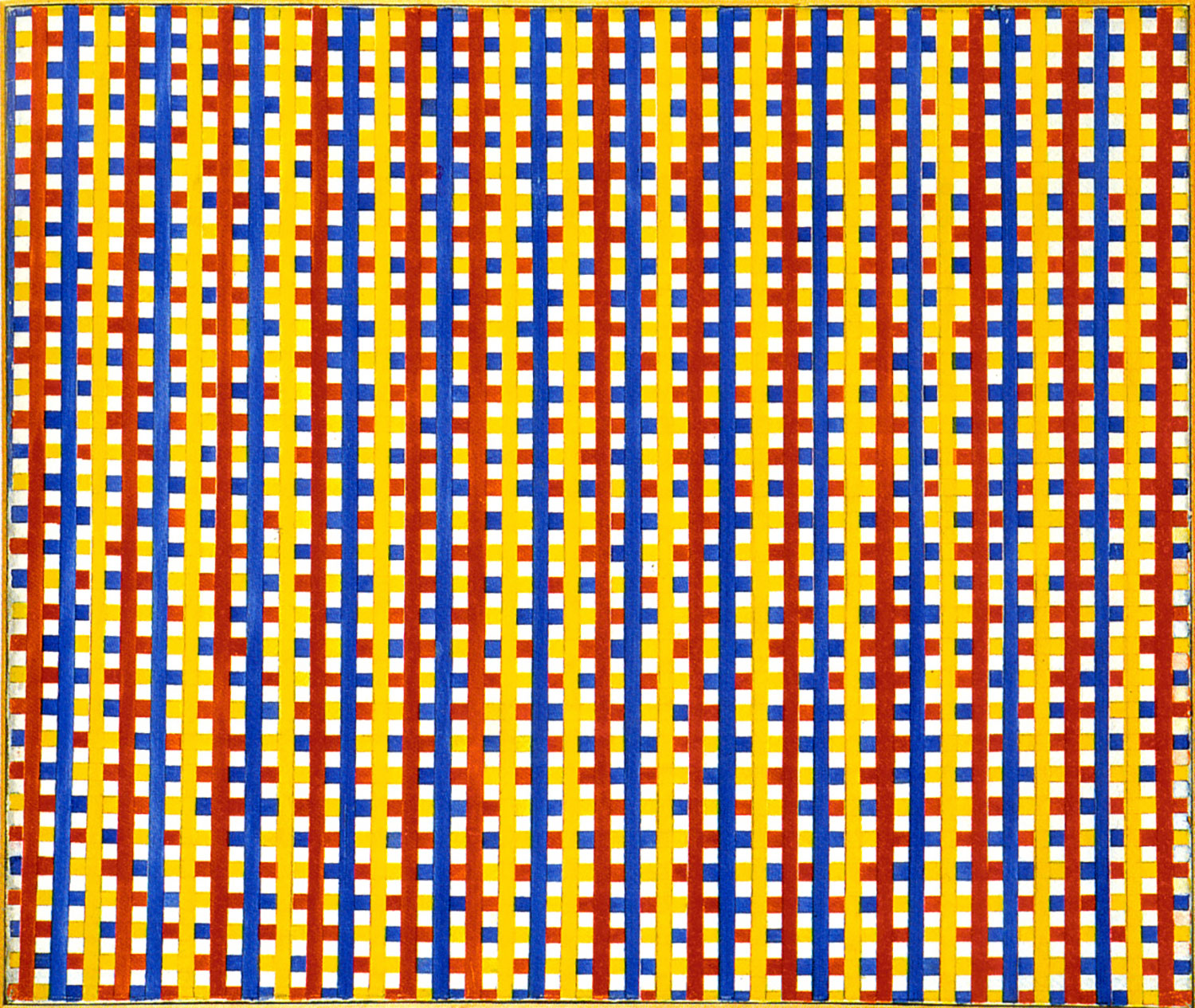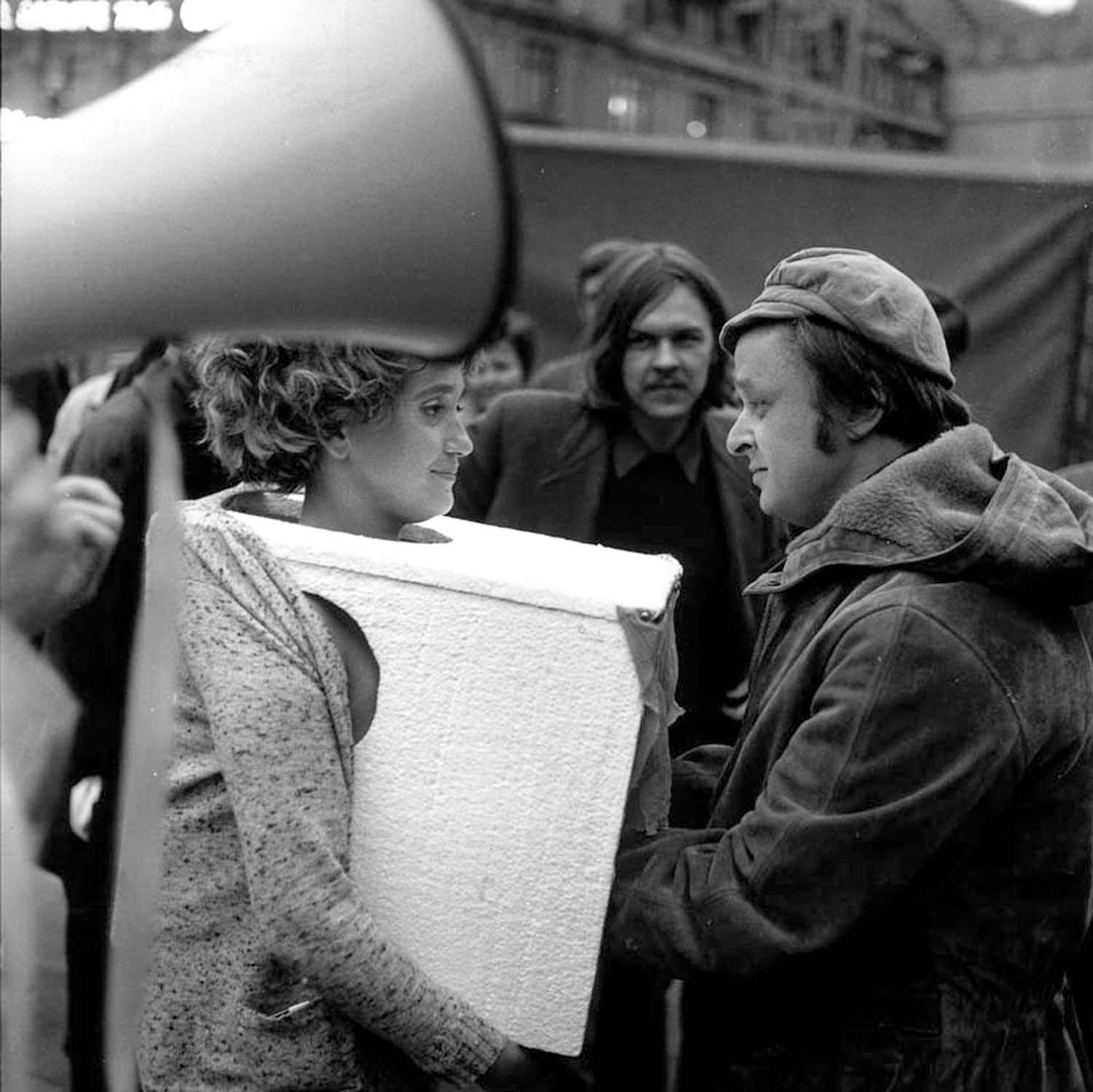
Gerald Matt & Katarzyna Uszynska: Your interest in movies is quite clear in many of your works. What can still be said about film in the painting medium?
Daniel Pitín: Movies are just a model that is in front of me like a landscape, moving in time and possessing specific structures and rules. They serve as a model of how thinking and memory work. I explore relationships that take shape within a film and constitute a certain system within it. Consequently, I enter this system of relationships, freeze-frame individual situations and transfer them to painting. My videos and video collages have a similar objective. However, in painting I also have another goal: it is as if I wanted to recollect some forgotten memories of mine and emotionally relive them through these film fragments.
GM & KU: If you were asked what profession you practice, would you answer by saying ‘painter’? If so, how do you understand painter and painting? How would you describe your position as painter?
DP: I love images, and the process of painting is an integral part of my life. It is one of the few activities allowing me to relax at least temporarily. For me, painting is not just a process of producing individual pieces, but also a way of life that suits me.

GM & KU: Your pictures seem to show a world that is vanishing — a last grasp on memory. How melancholic are your works?
DP: I don’t think of memory as something invariable. Much more, it reminds me of a film set, constantly regrouping as a result of everyday impulses and perceptions, which keeps on creating new spaces and situations in my life. This process of disappearance from memory is a constant stream that I would like to stop and capture in my paintings. As for the melancholy, I can’t really say much about it. For me, painting is a rather joyous activity.
GM & KU: In an interview you spoke about the everyday and the collapse of the communist system, and in doing so you described the black-and-white interpretation of the change and the behavior of people in the transitional situation as absurd, even Kafkaesque. What influence have these transformations had on you as a person and in your work?
DP: The actual dividing line between individual memories, personal experience and the things that can be collectively shared is a very important question for me. I am not that interested in particular events from recent history. I am much more concerned with my personal experience of these events. It really wasn’t drastic. I wasn’t in jail, I didn’t have to wear a uniform, but I still sensed some restrictions and pressures that I couldn’t really understand, which is probably what I am trying to do now, but without much success. Anyway, people who used to be in power are in power again. It is quite paradoxical and sometimes even absurd. This really does remind me of the atmosphere of Kafka’s novels.

